As a devoted cat owner, you might want to share everything with your feline friend. But, many human foods are toxic and can be deadly for pets. Cats need a balanced diet, and the safest choice is cat food made by experts.
It might be tempting to give your cat a bite from your plate. But, foods like chocolate, onions, and grapes can cause serious health issues. These risks are not worth it, even if your cat begs.
Before sharing food, learn which ones are off-limits for cats. Keeping your kitty’s health and safety first ensures a happy life together. Always consult with your vet if you’re unsure.
Understanding Your Cat’s Unique Nutritional Needs
Cats are different from humans because they need a diet rich in animal proteins and fats. They also need less carbs. Giving your cat a feline diet made by veterinary nutrition experts is key for their health and happiness.
Cats are Obligate Carnivores with Specific Dietary Requirements
Cats need nutrients found mainly in animal products. This includes high-quality cat food proteins and fats. They also need a small amount of carbs. Their bodies can’t easily get what they need from plants, so a balanced cat diet is vital for their health.
Importance of a Balanced Diet Formulated by Experts
It’s important to make sure your cat eats a complete diet. The best way is to use veterinary nutrition expert-formulated pet food. These foods have the right mix of feline diet proteins, fats, carbs, vitamins, and minerals. They help keep your cat healthy and happy for a long time.
| Nutrient | Recommended Level |
|---|---|
| Crude Protein | 26% – 30% (dry matter basis) |
| Fat | Approximately 9% (dry matter basis) |
| Carbohydrates | Up to 10% (dry matter basis) |
| Fiber | 3% – 5% (dry matter basis) |
By giving your cat a balanced cat diet made by veterinary nutrition experts, you help them get all the nutrients they need. This supports their pet health and helps them live a long, happy life.
Foods to Never Feed Your Cat
As a responsible cat owner, knowing which human foods are harmful is key. Many things safe for humans can be dangerous for cats. Learning about these dangers helps keep your cat healthy and happy.
Chocolate and Caffeine: Toxic Methylxanthines
Chocolate and caffeine, found in coffee, tea, and energy drinks, are bad for cats. These substances can cause vomiting, diarrhea, and even death. Even a little bit of chocolate is too much for cats.
Onions and Garlic: Potential for Heinz Body Anemia
Onions, garlic, chives, and shallots are very dangerous for cats. They can harm red blood cells, leading to Heinz body anemia. This can cause vomiting, diarrhea, and make cats feel very tired.
To keep your cat safe, avoid giving them harmful foods. Knowing which foods toxic to cats, cat health risks, and forbidden cat treats are important. This way, you can ensure your cat eats a safe, dangerous human foods for cats-free diet.
Grape and Raisin Toxicity in Cats
As cat owners, it’s crucial to know that grapes and raisins are toxic to cats. The exact reason is still unknown, but they can cause severe kidney problems. This can even lead to kidney failure in cats.
Any amount of grapes or raisins is dangerous for your cat’s health. Even a small snack can be risky. It’s important to keep these foods away from your cat and never share them.
Signs of grape or raisin toxicity in cats include lethargy, vomiting, and diarrhea. They may also drink more water, eat less, and even collapse. If you think your cat has eaten grapes or raisins, get them to the vet right away. Quick action is key to prevent serious health issues.
| Nutrient | Amount per 100g of Raisins |
|---|---|
| Calories | 299 kcal |
| Carbohydrates | 79 g |
| Sugars | 59 g |
| Protein | 3.1 g |
| Fat | 0.5 g |
| Fiber | 3.7 g |
| Potassium | 749 mg |
| Iron | 1.9 mg |
| Calcium | 50 mg |
| Vitamin C | 2.3 mg |
| Vitamin K | 3.5 mcg |
| Vitamin B6 | 0.1 mg |
Raisins, along with grapes, currants, and Zante currants, are toxic to cats. The exact toxic compound is still unknown. But it’s clear these fruits are a serious threat to your cat’s health.
If you’re worried about your cat’s diet or think they’ve eaten something harmful, call your vet. Keeping your cat safe and healthy is very important.
Alcohol, Yeast Dough, and Other Fermented Products
As pet owners, we must know which foods are harmful to our cats. Alcohol toxicity in cats is a big concern. Even a small amount can be very dangerous. It can cause cats to feel disoriented, vomit, and even die.
Dangers of yeast dough for cats are also serious. Raw dough with yeast can expand in a cat’s stomach. This can lead to alcohol poisoning. Cooked bread is safer, but never give raw yeast dough to your cat.
- Alcohol, even in small amounts, can be deadly for cats, causing symptoms like vomiting, diarrhea, and respiratory distress.
- Uncooked dough containing yeast can be toxic to cats, as the fermentation process produces alcohol, which can lead to poisoning.
- Cooked bread is less of a concern, but raw yeast dough is a forbidden cat treat and should never be fed to your feline companion.
Remember, all fermented products risks for cats are serious. Make sure your cat doesn’t get near alcohol or uncooked dough. Keeping your cat safe and healthy is very important.
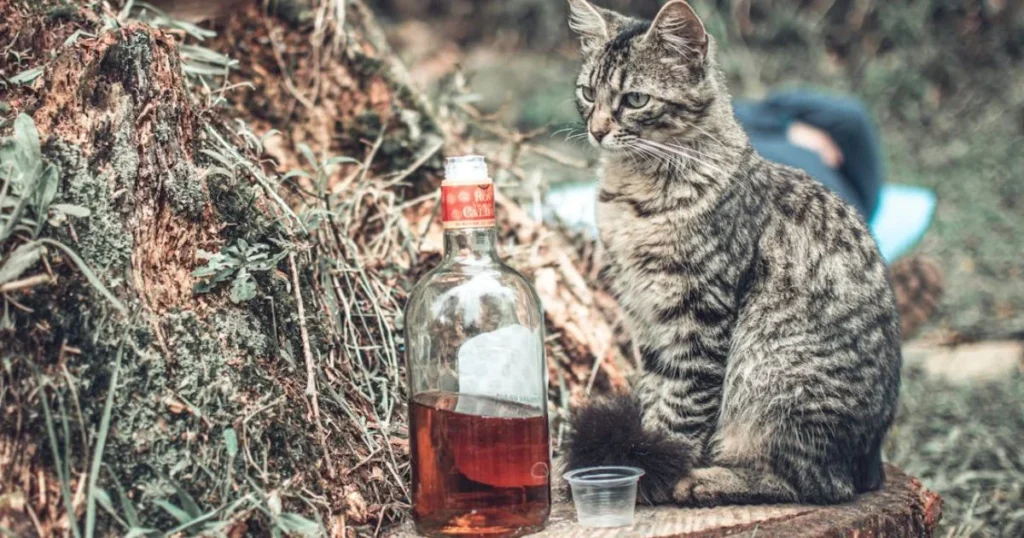
photo by Tara V
“Cats are more at risk of blood cell damage and severe gastrointestinal upset from onions, garlic, chives, and scallions due to the presence of n-propyl disulfide.”
Lactose Intolerance and Dairy Products
Cats don’t really enjoy milk, despite what you might think. As they grow older, they often can’t digest milk sugar, lactose, because they lack the enzyme lactase. This can cause them to feel sick, with symptoms like vomiting, diarrhea, and stomach pain.
Cats are meant to eat meat, not dairy. Even a little bit of dairy can upset their stomachs. It’s best to keep dairy products away from your cat to avoid any discomfort.
| Common Dairy Products | Lactose Content | Potential Risks for Cats |
|---|---|---|
| Whole Milk | 12g per cup | Vomiting, diarrhea, abdominal pain |
| Cheese | 0-5g per ounce | Digestive distress, weight gain |
| Yogurt | 12g per cup | Diarrhea, bloating |
If you’re not sure if your cat can handle dairy, talk to your vet. They can help figure out the best diet for your cat’s health and happiness.
“Cats are obligate carnivores, meaning their bodies are designed to thrive on a diet rich in animal-based proteins.”
Citrus Fruits and Their Toxic Compounds
Cats and citrus fruits don’t mix well. Fruits like lemons, limes, oranges, and grapefruits are toxic to cats. The stems, leaves, peels, fruit, and seeds of citrus plants should be avoided. Eating too much can harm the nervous system and cause serious health problems.
Citric Acid and Essential Oils Pose Risks
Citric acid and essential oils are the main dangers in citrus fruits. Even small amounts can upset a cat’s stomach. But eating more can lead to tremors, seizures, and even death.
Cats are very sensitive to these compounds. So, it’s best to keep citrus products away from them.
Symptoms of citrus toxicity in cats include:
- Gastrointestinal upset (vomiting, diarrhea)
- Lethargy and depression
- Neurological effects (tremors, seizures)
- In severe cases, potentially life-threatening central nervous system depression
To keep your cat safe, avoid giving them citrus fruits or any parts of them. Feed them a balanced, vet-approved diet to keep them healthy and happy.
| Citrus Fruit | Toxic Compounds | Potential Health Risks |
|---|---|---|
| Lemons | Citric acid, essential oils | Gastrointestinal upset, neurological effects, central nervous system depression |
| Limes | Citric acid, essential oils | Gastrointestinal upset, neurological effects, central nervous system depression |
| Oranges | Citric acid, essential oils | Gastrointestinal upset, neurological effects, central nervous system depression |
| Grapefruits | Citric acid, essential oils | Gastrointestinal upset, neurological effects, central nervous system depression |
Always put your cat’s safety first. Avoid giving them citrus toxicity in cats. These dangerous cat foods can be very harmful and should be kept away from your cat.
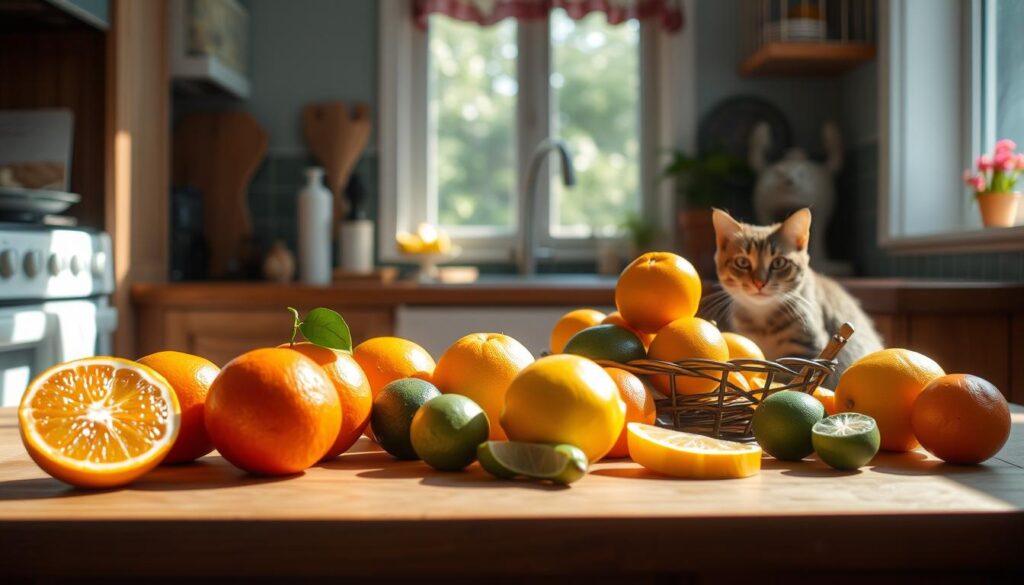
Raw or Undercooked Meat, Fish, and Eggs
Cats need meat to survive, but raw or undercooked meat and fish can be harmful. These foods can have Salmonella and E. coli, causing diarrhea. The Clinical Nutrition Service often sees these symptoms in pets eating raw meat.
Raw fish also has an enzyme that can harm thiamine, leading to neurological problems. It’s best to avoid giving cats raw or undercooked animal products.
Bacterial Contamination Risks
Cats can’t handle bacteria in raw meat, fish, and eggs. Eating these can cause severe food poisoning. Symptoms include vomiting, diarrhea, and even life-threatening conditions.
To keep your cat safe, cook all animal-based products before feeding them. This is crucial for your cat’s health.
| Potential Risks | Symptoms |
|---|---|
| Salmonella | Diarrhea, vomiting, fever |
| E. coli | Diarrhea, dehydration, abdominal pain |
| Thiamine Deficiency | Neurological issues, loss of appetite, weight loss |
To keep your cat safe, choose high-quality, commercially-prepared cat food. This food meets all nutritional needs. Avoid raw meat risks for cats, raw fish risks for cats, and raw eggs risks for cats by not giving them these foods.
Other Potentially Harmful Foods
There are many foods that can harm cats, besides chocolate and onions. Nuts, salt, and some vegetables and herbs can be dangerous. It’s key to know about these hidden dangers.
Nuts, Salt, and Xylitol
Nuts, like macadamia nuts, can upset a cat’s stomach and cause pancreatitis. Too much salt can make a cat vomit, have diarrhea, and even die. Xylitol, an artificial sweetener, is very bad for cats. It can make them very sick and harm their liver.
Certain Vegetables and Herbs
Some veggies and herbs, like onions and garlic, can harm a cat’s blood and stomach. These onion and garlic dangers for cats can cause serious health problems. They can lead to anemia and other serious issues.
It’s important to watch out for nuts toxic to cats, salt dangers for cats, xylitol toxicity in cats, and onion and garlic dangers for cats. Make sure your cat doesn’t eat unsafe cat treats with these harmful ingredients.
“Cats are obligate carnivores, meaning they require specific nutrients found primarily in animal-based proteins. Introducing human foods, even in small amounts, can disrupt their delicate digestive system and lead to serious health problems.”
For your cat’s health, it’s best to feed them high-quality, cat-specific foods. These foods are made by experts to meet their nutritional needs.
Conclusion
Keeping your cat healthy is very important. Knowing what foods are good and bad for them helps a lot. You can give them a diet that keeps them healthy for a long time.
Choose high-quality, safe cat foods made by experts. Avoid giving them dangerous human foods for cats that could hurt them.
As your cat gets older, their diet might need to change. Always talk to your vet before changing their food. This way, you can make sure they stay healthy and happy.
By focusing on your cat’s nutrition and knowing which foods are bad, you can keep them safe. This ensures they live a long, happy life with you.
FAQ
What human foods are toxic to cats?
Foods toxic to cats include chocolate, onions, garlic, grapes, raisins, alcohol, and yeast dough. Also, citrus fruits and raw meat, fish, and eggs are harmful.
Why are cats considered obligate carnivores?
Cats need certain nutrients found only in animal proteins. Their digestive systems and metabolisms are different from humans. This means they have specific dietary needs for health and wellbeing.
What is the best way to ensure a cat’s nutritional needs are met?
The best way is to feed them a complete and balanced commercial diet. This should be formulated by a vet nutritionist or someone with a PhD in animal nutrition.
Why are grapes and raisins considered toxic to cats?
Grapes and raisins are toxic to cats, but the exact reason is unknown. They can cause kidney problems and even failure. Any amount is dangerous.
How can alcohol and uncooked dough containing yeast be dangerous for cats?
Alcohol is very dangerous for cats, causing disorientation, vomiting, and more. Uncooked dough with yeast can also be toxic. The yeast can expand and ferment, leading to alcohol poisoning.
Why are dairy products not ideal for cats?
Cats lack the enzyme lactase to break down lactose in milk. This can cause vomiting, diarrhea, and pain. Their bodies can’t process lactose well.
What are the risks of feeding cats citrus fruits?
Citrus fruits like lemons and oranges are toxic to cats. They contain citric acid and oils that can harm the nervous system. Large amounts can cause tremors, seizures, or death.
Why should cats not be fed raw or undercooked meat, fish, and eggs?
Raw meat and fish can have harmful bacteria like Salmonella. This can cause diarrhea. Raw fish also has an enzyme that can destroy thiamine, leading to neurological problems.
Are there any other human foods that can be potentially harmful to cats?
Yes, other harmful foods include nuts like macadamia nuts, large amounts of salt, and xylitol. Also, certain vegetables and herbs like onions and garlic are toxic.
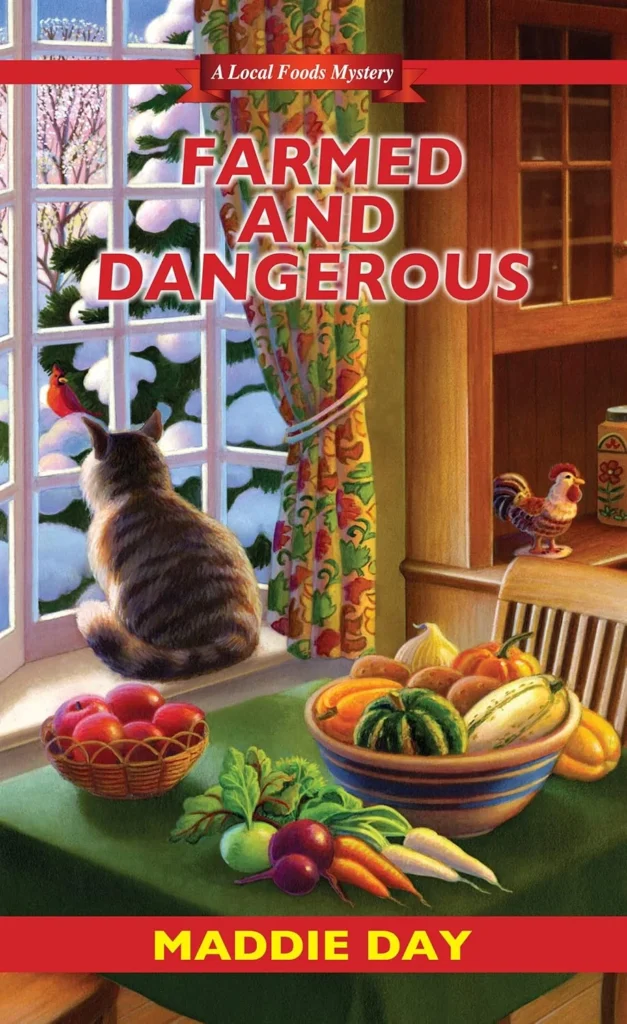
Farmed and Dangerous (Local Foods Mystery Book 3) Kindle Edition
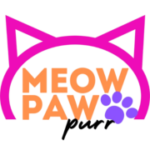
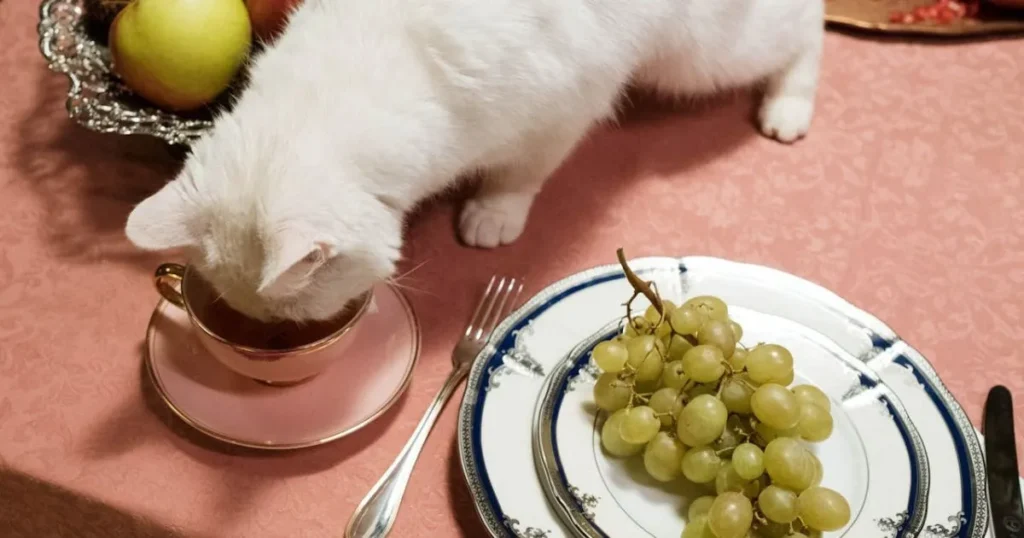
Your articles are extremely helpful to me. Please provide more information!
Thank you for being of assistance to me. I really loved this article.
May I have information on the topic of your article?
This topic would provide a comprehensive guide to the most dangerous foods for cats, the health risks associated with each, symptoms of food poisoning in cats, and safe, healthy alternatives that cat owners can use instead. It aims to educate cat owners on keeping their pets safe and healthy by understanding what foods to avoid and how to handle emergencies if their cat consumes something toxic.
Thank you for being of assistance to me. I really loved this article.
you welcome